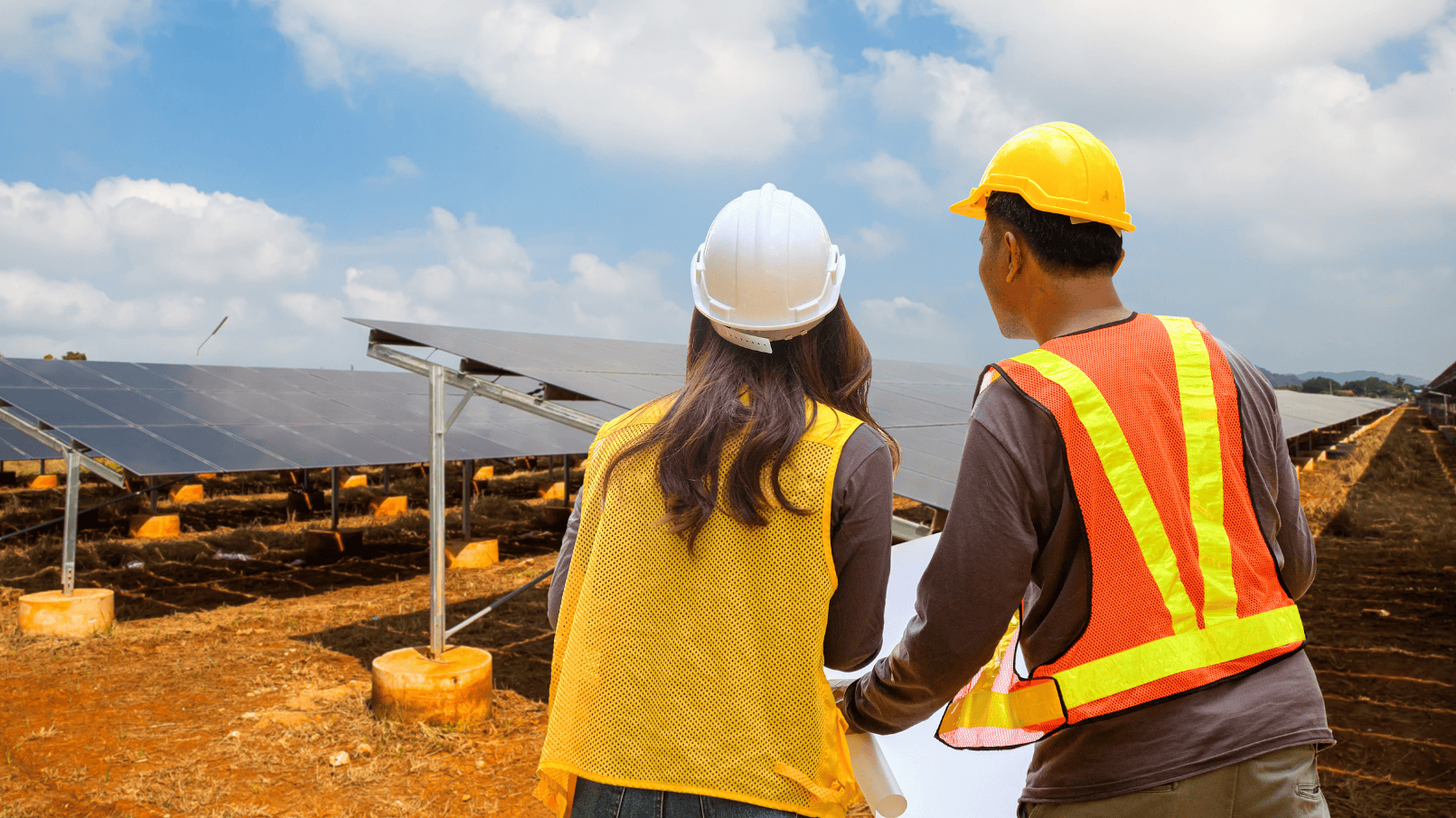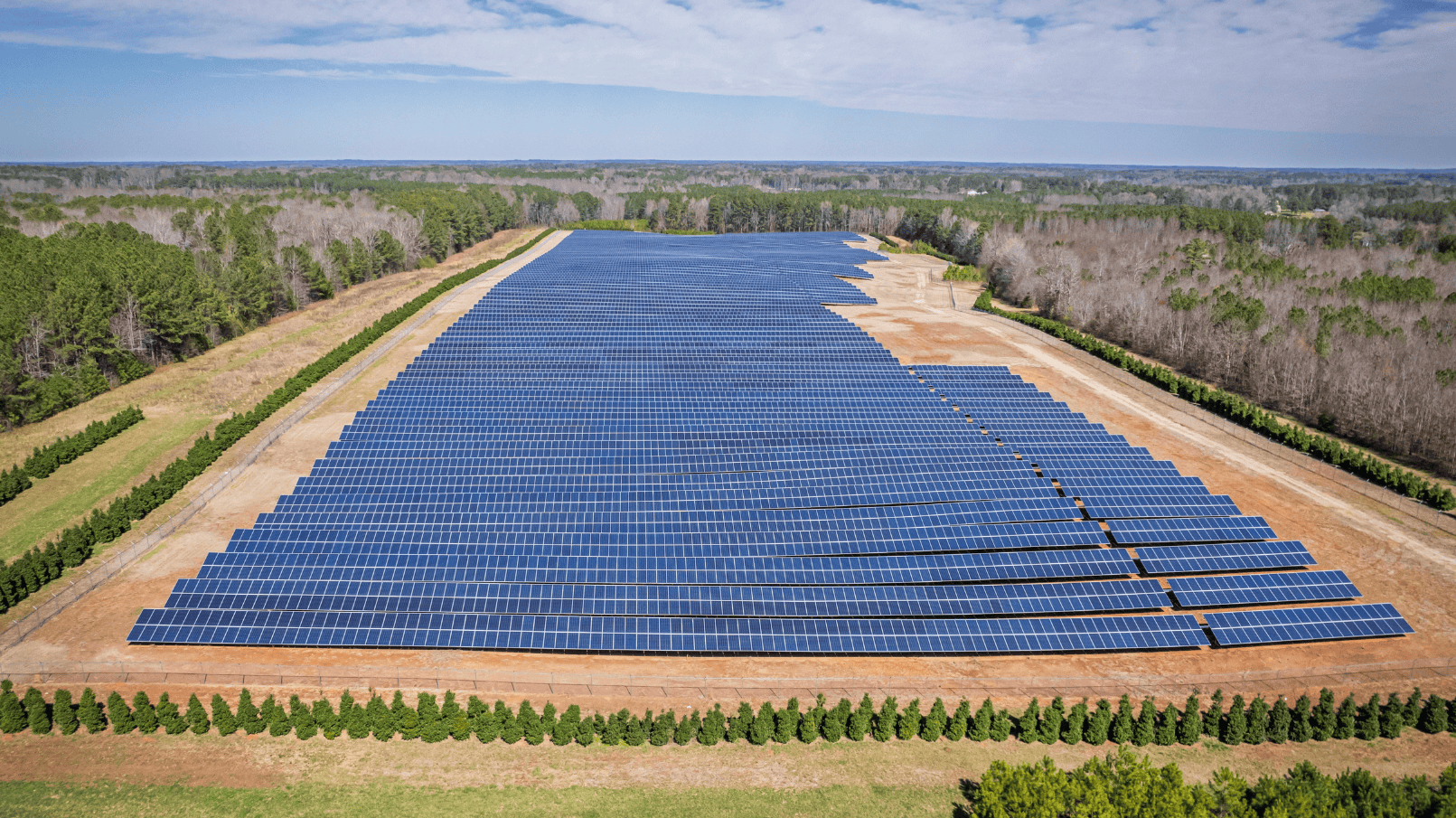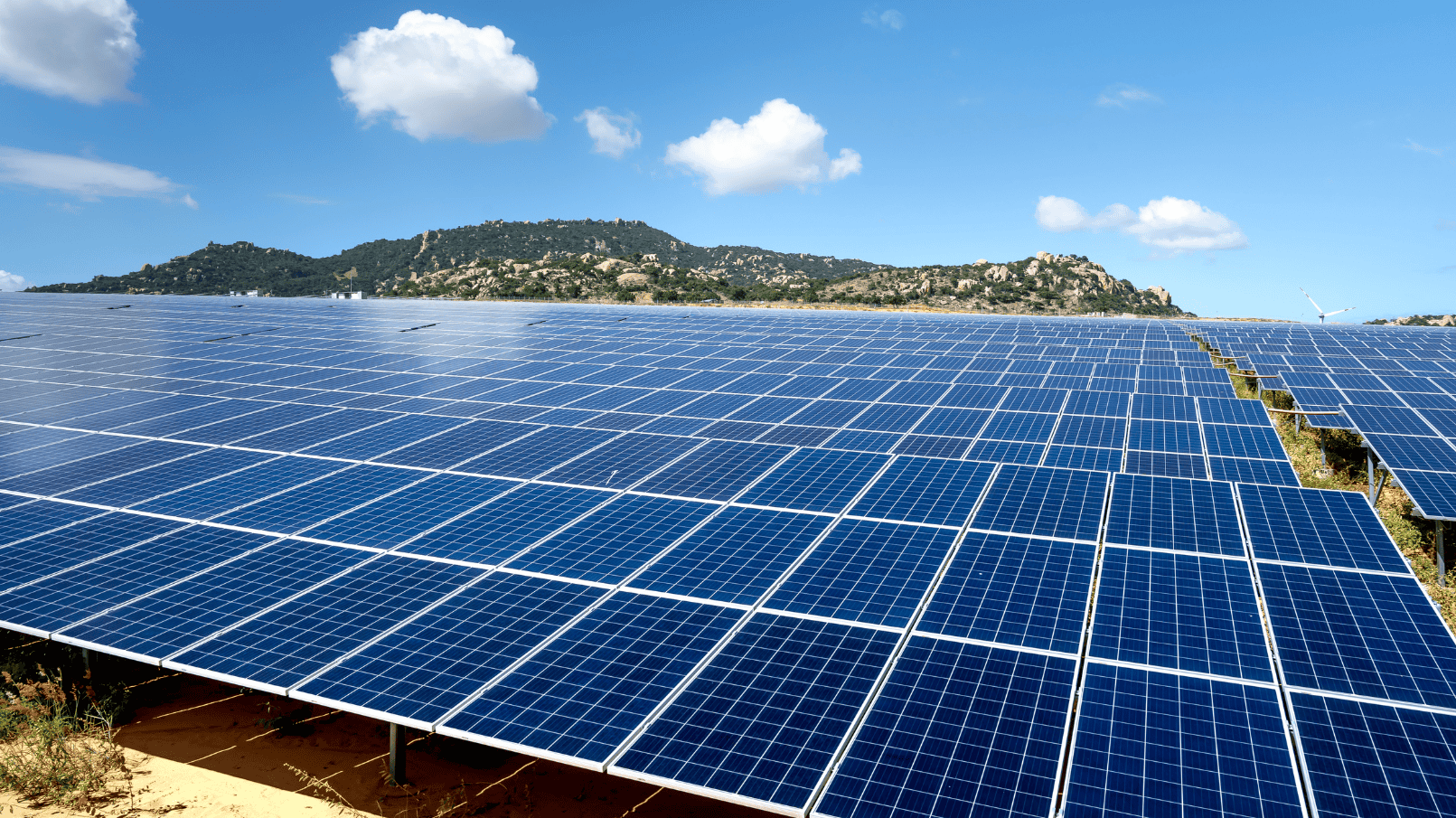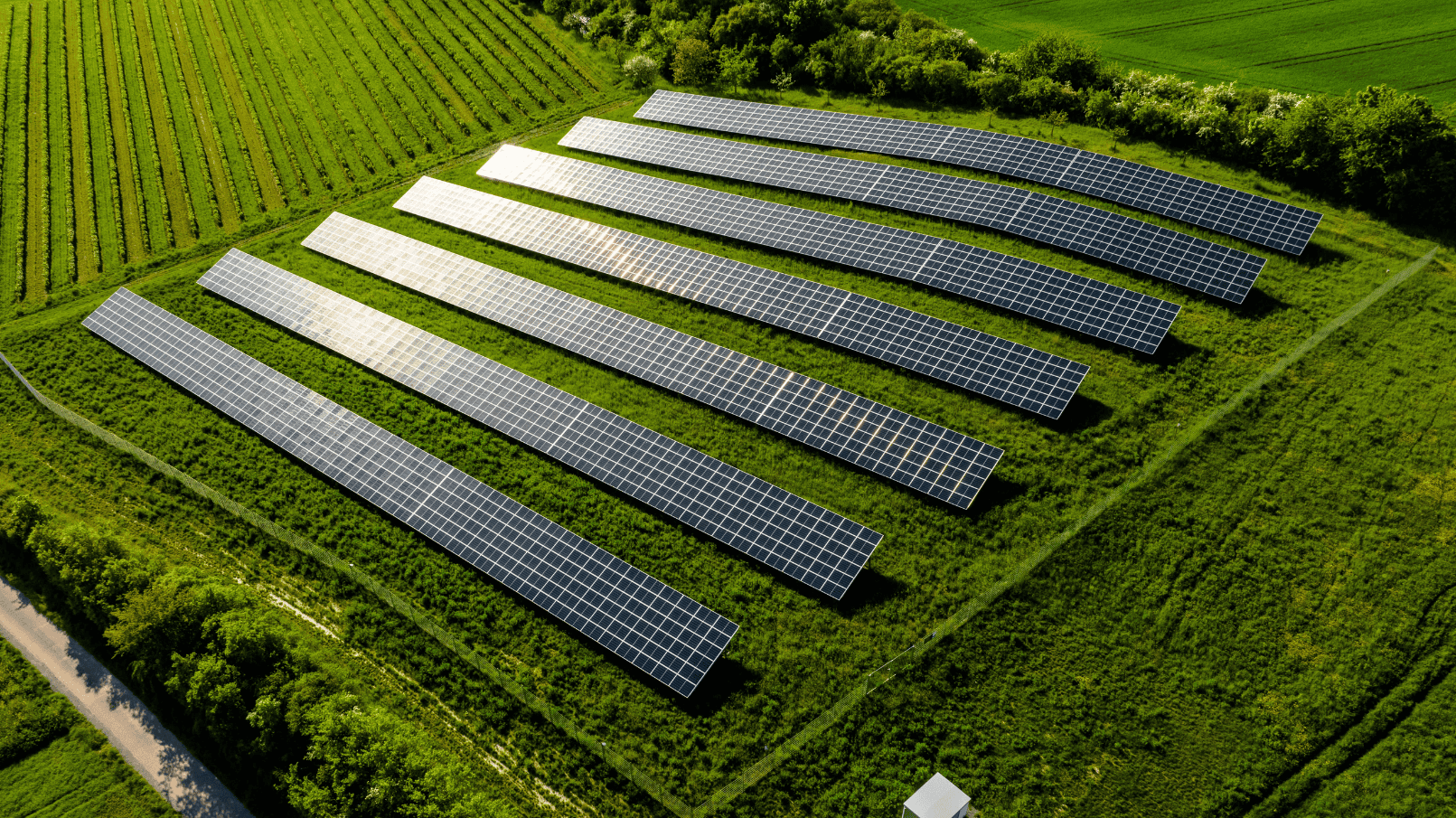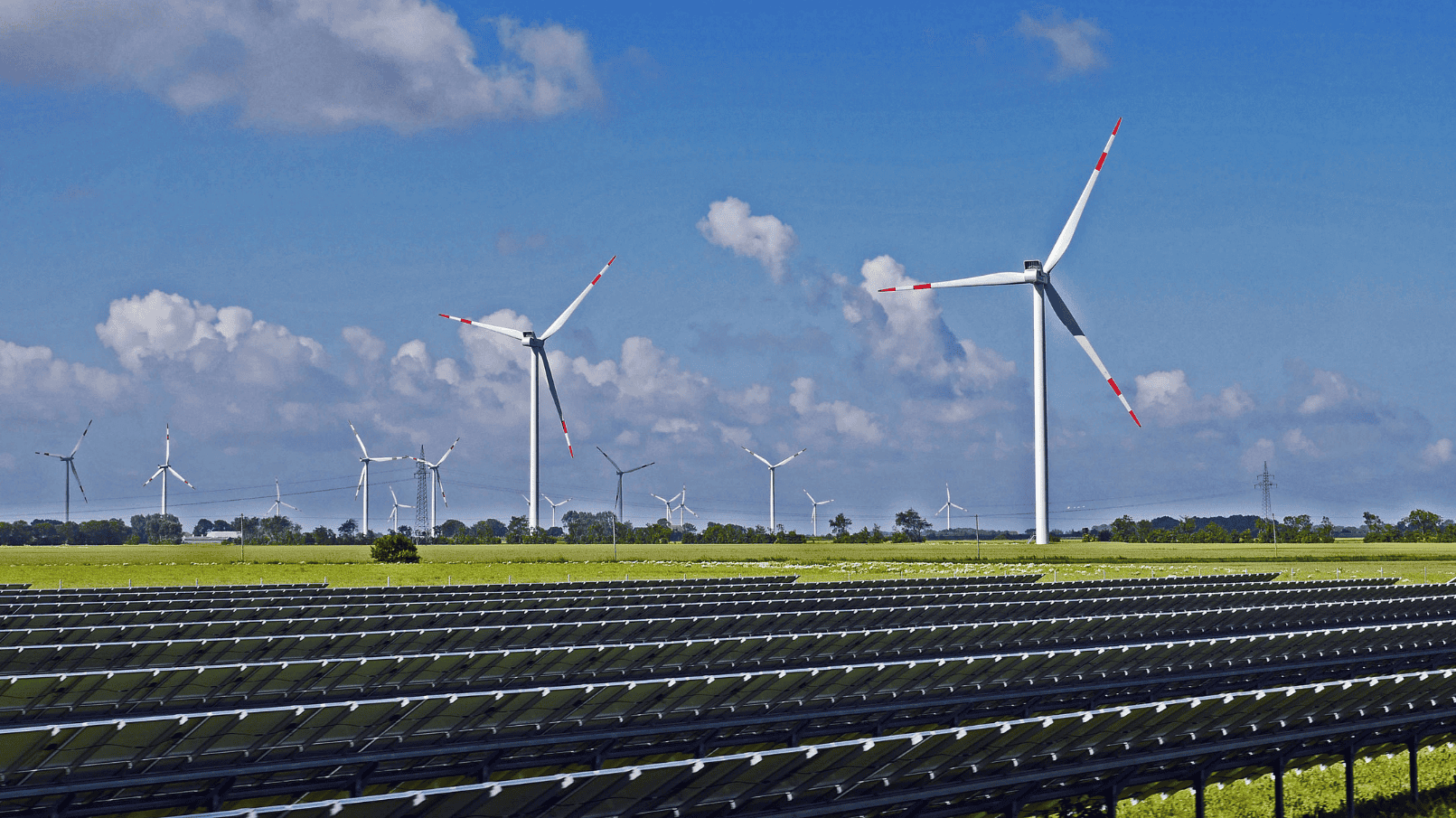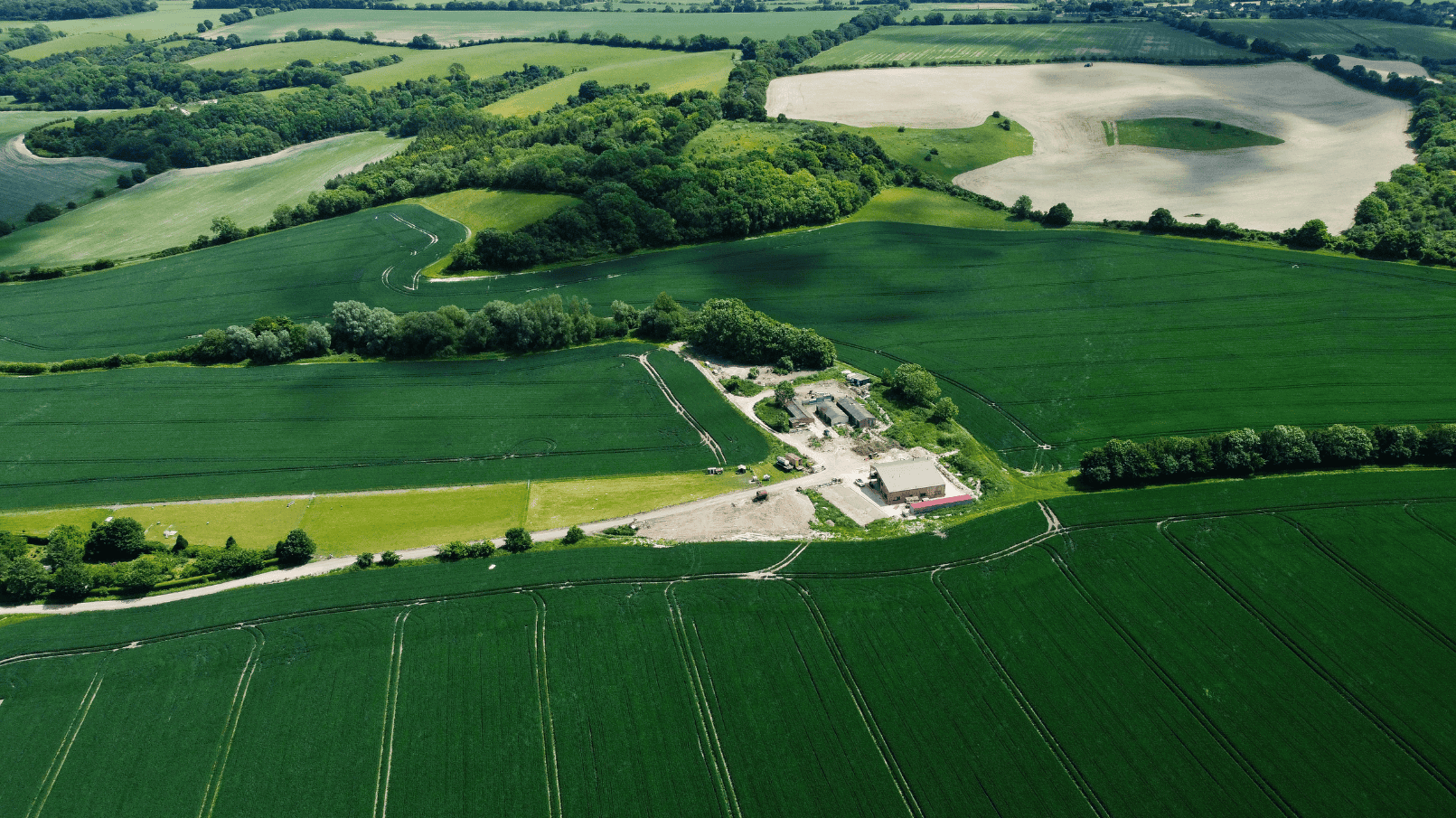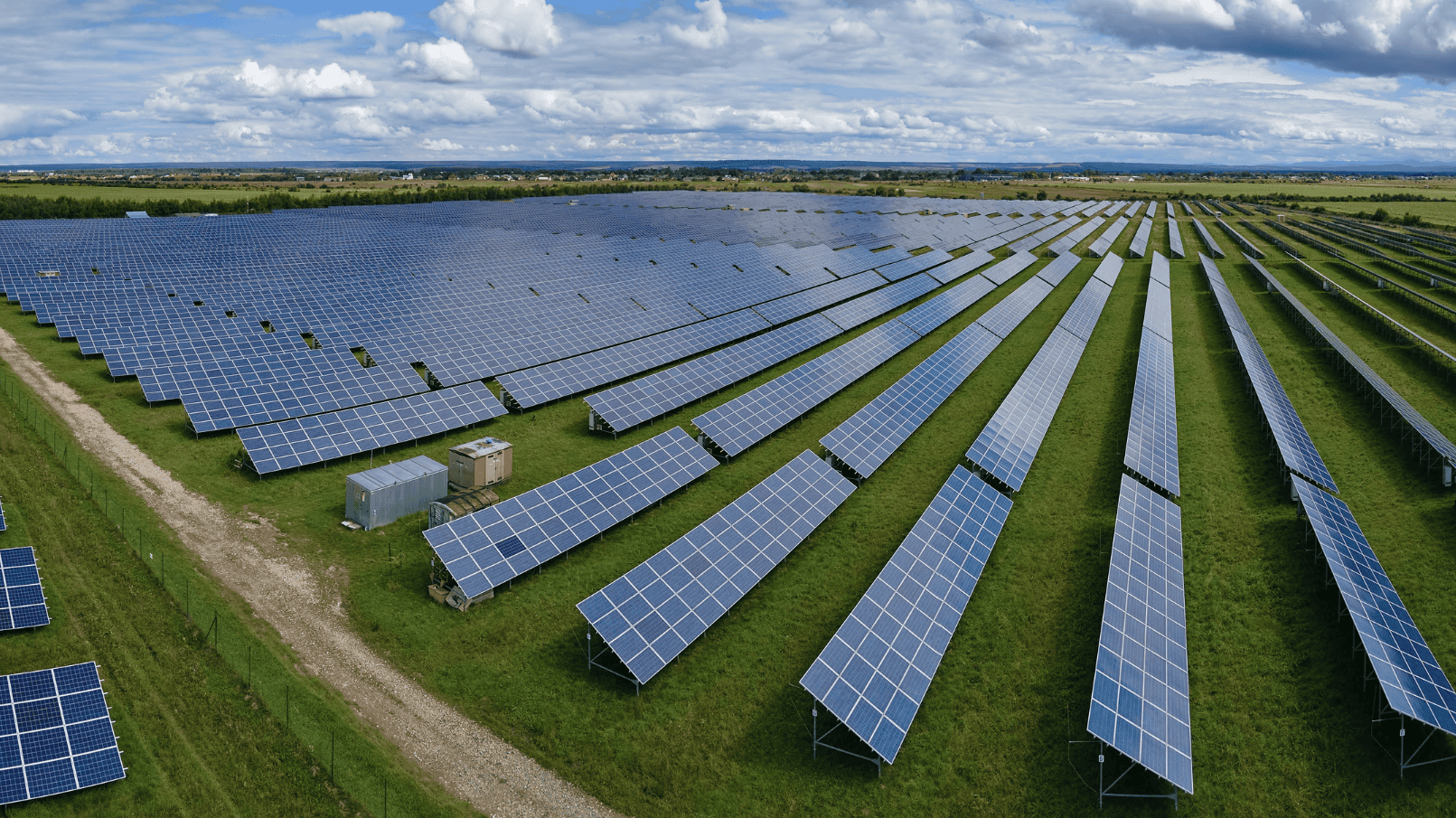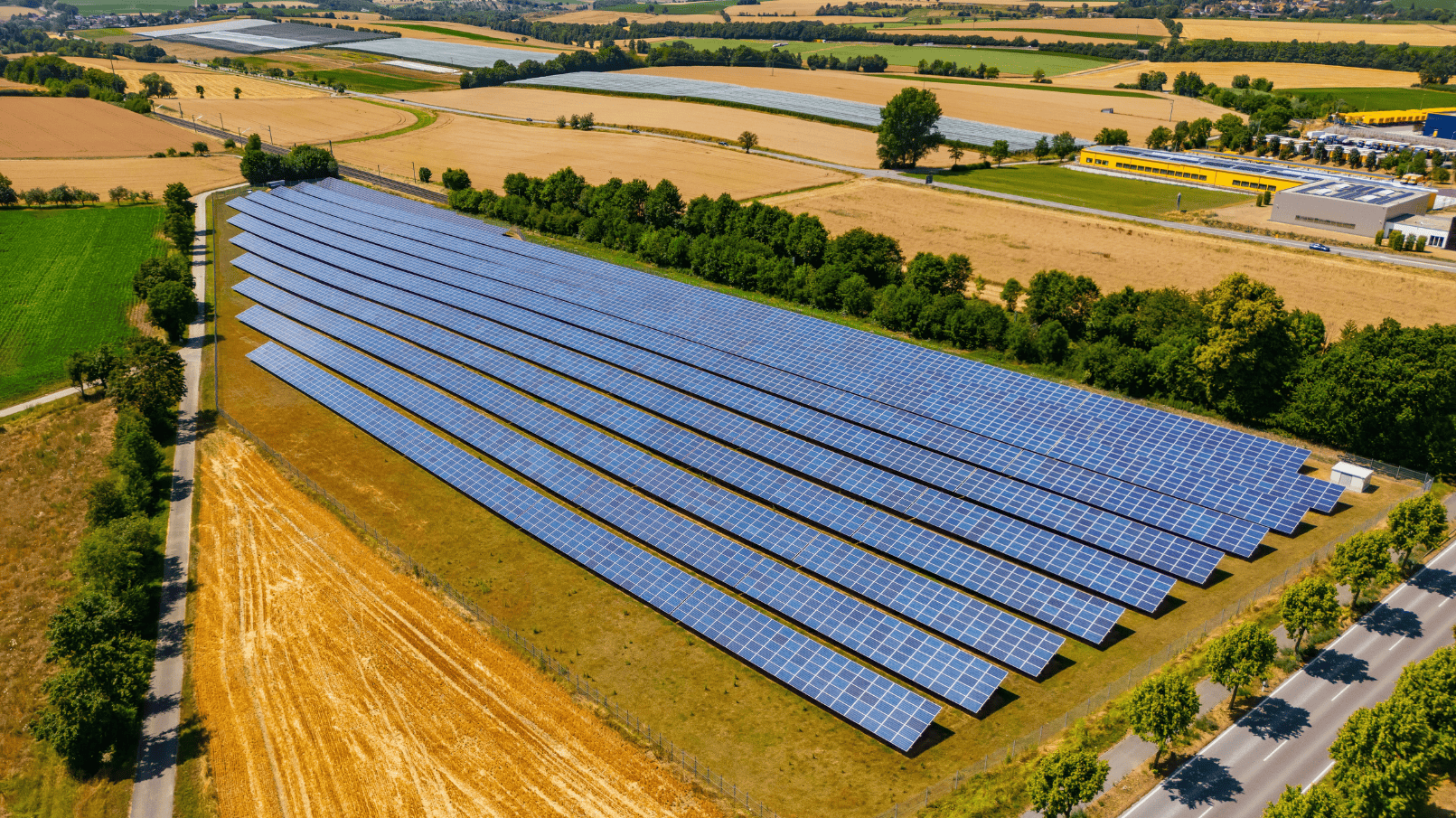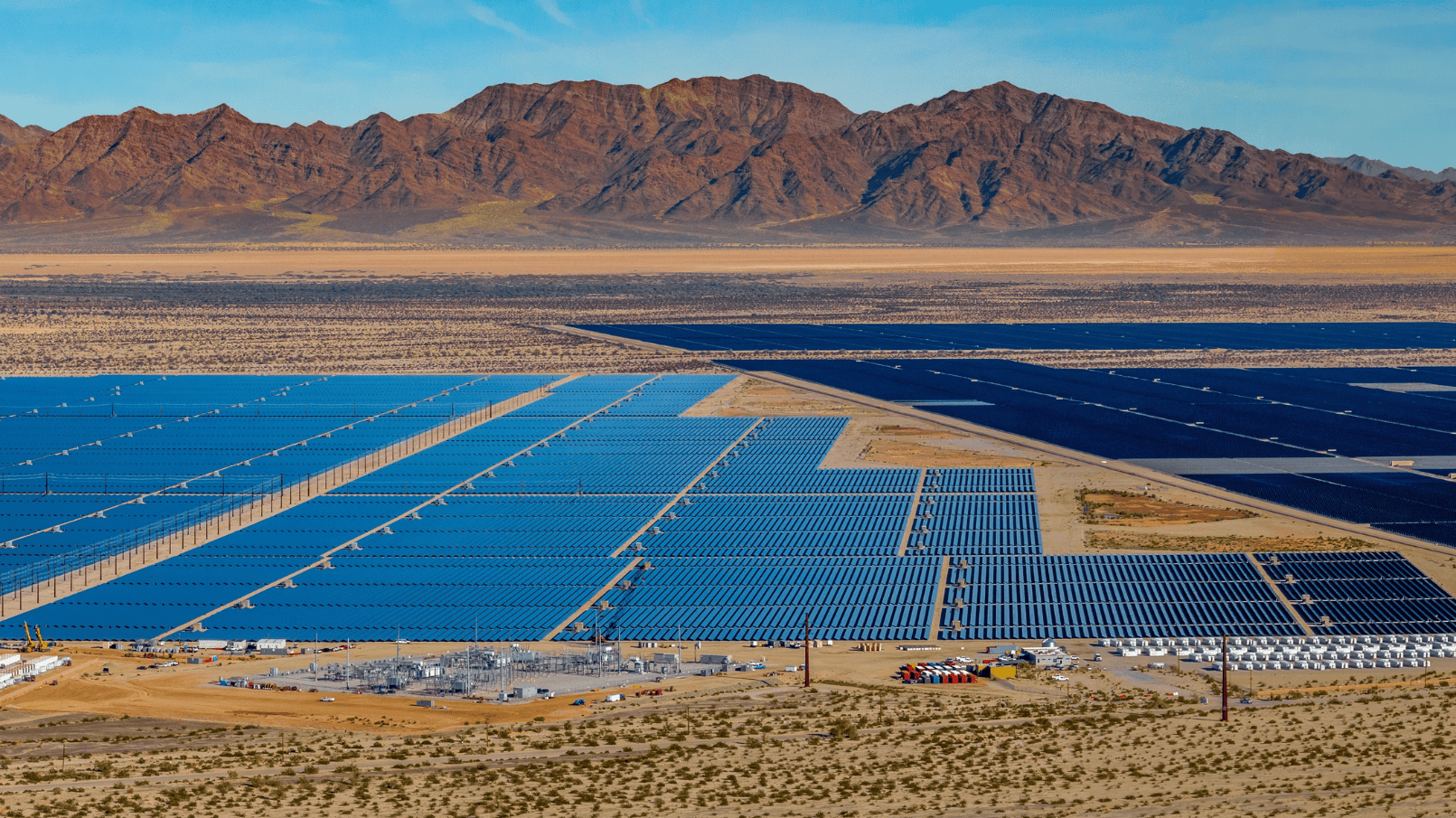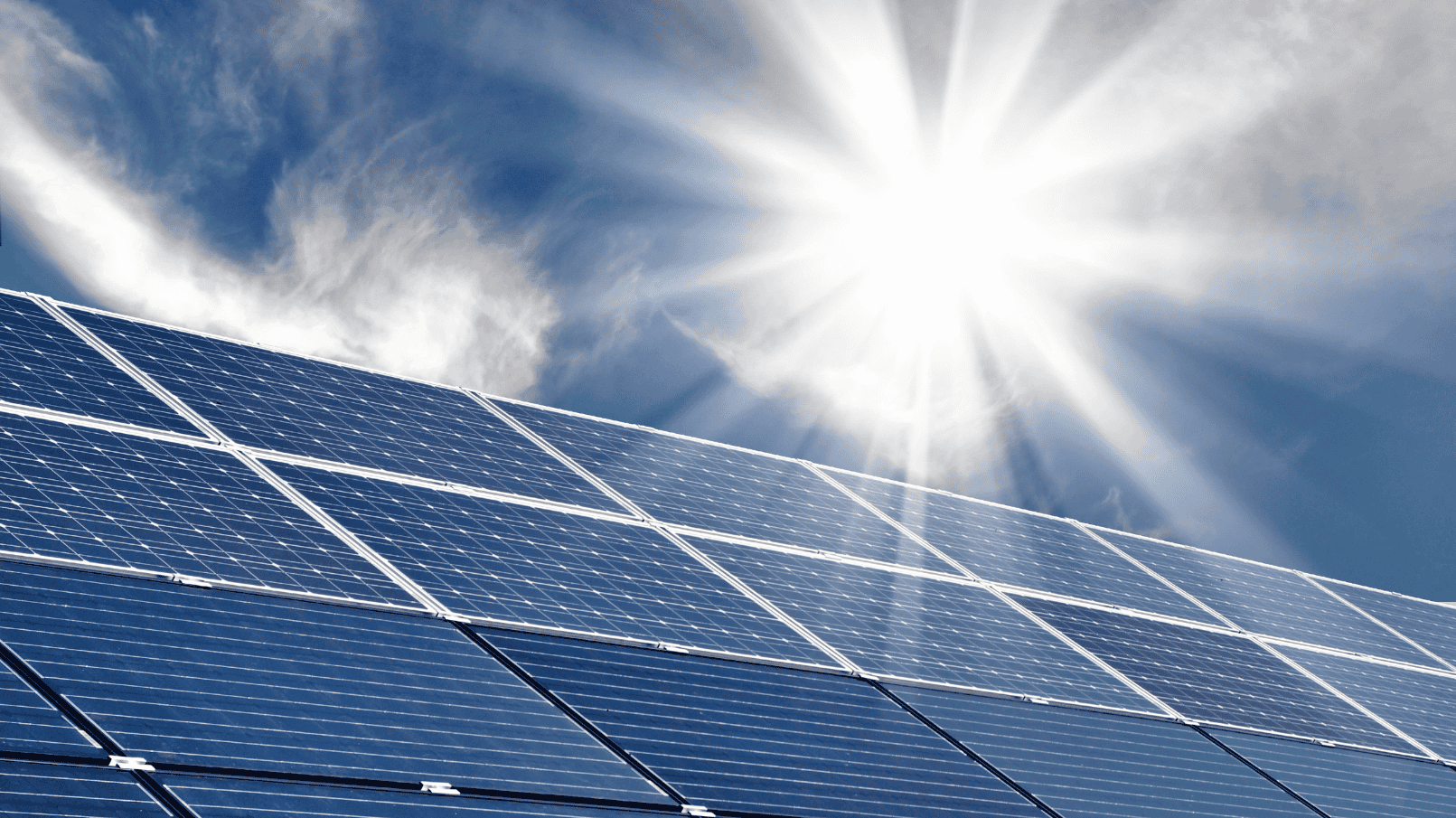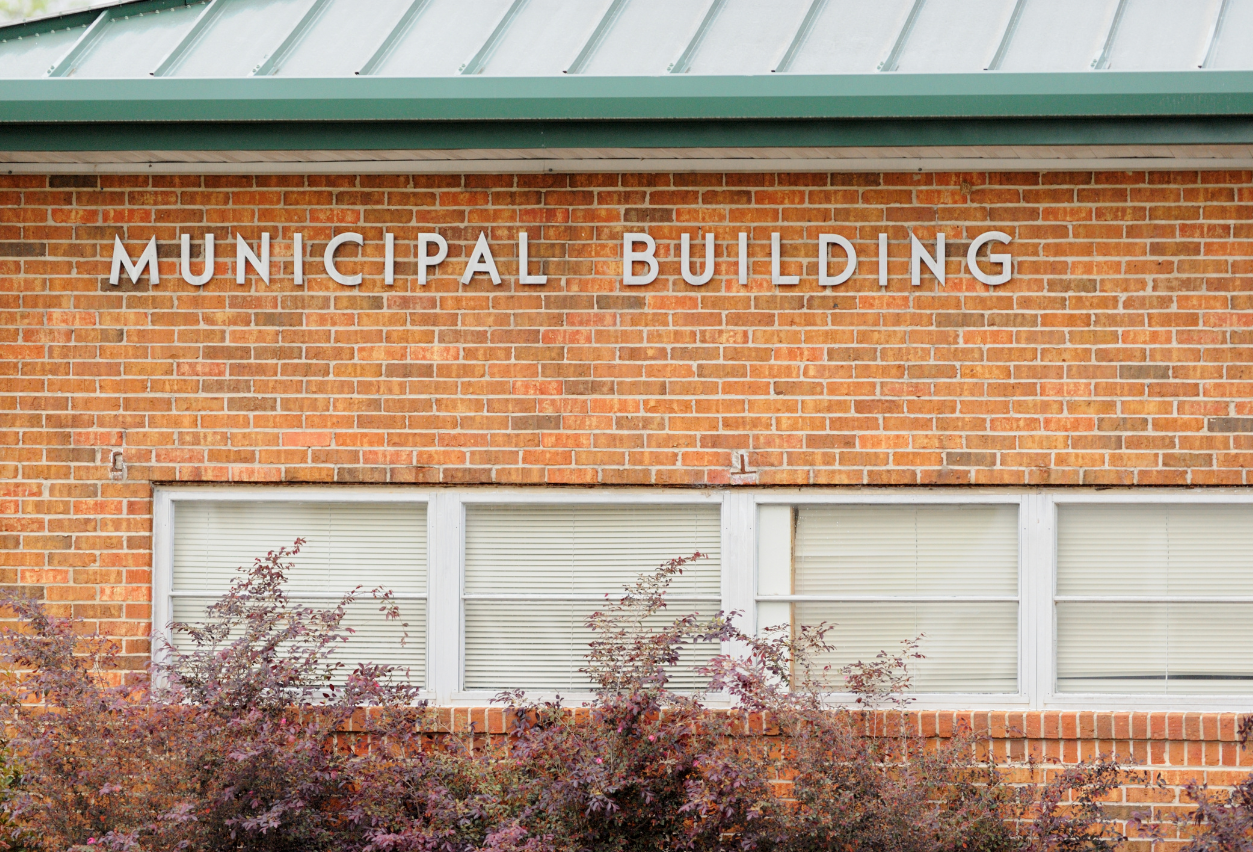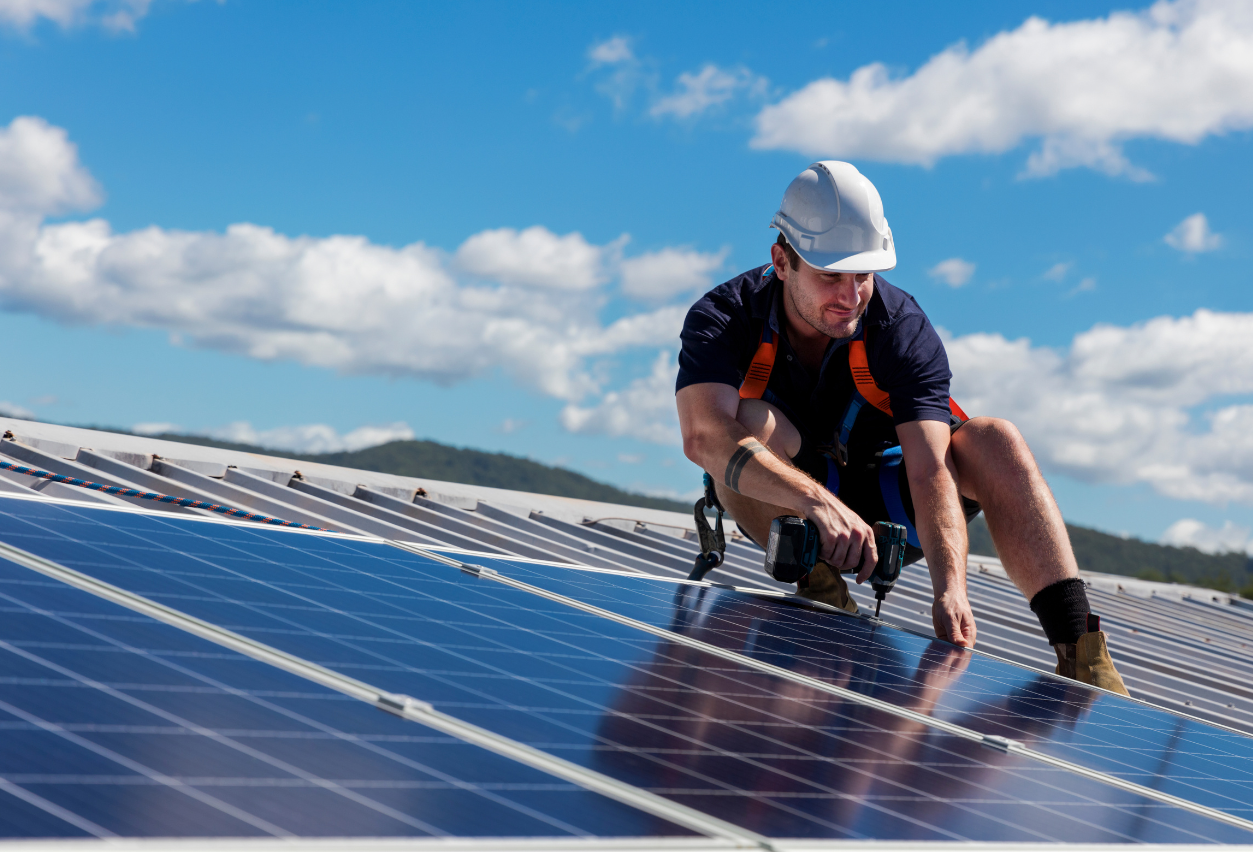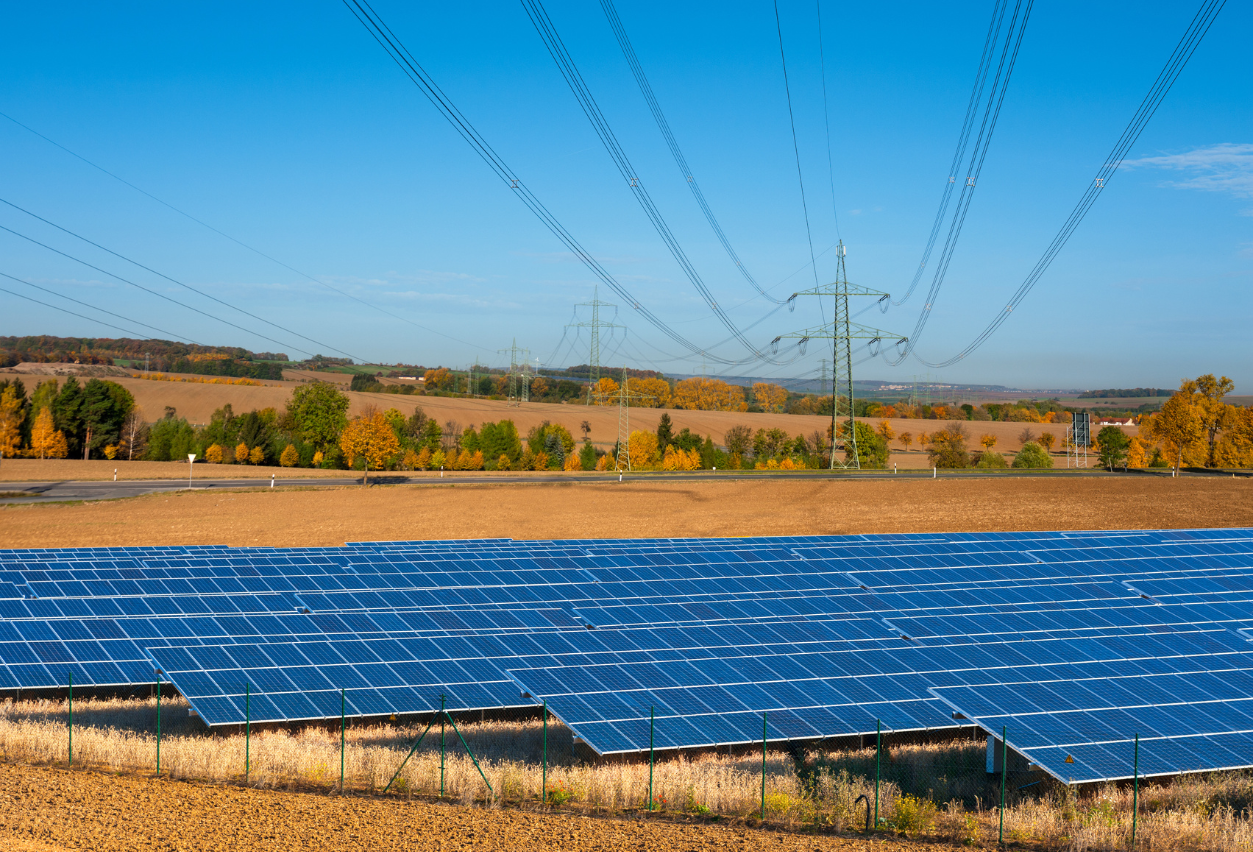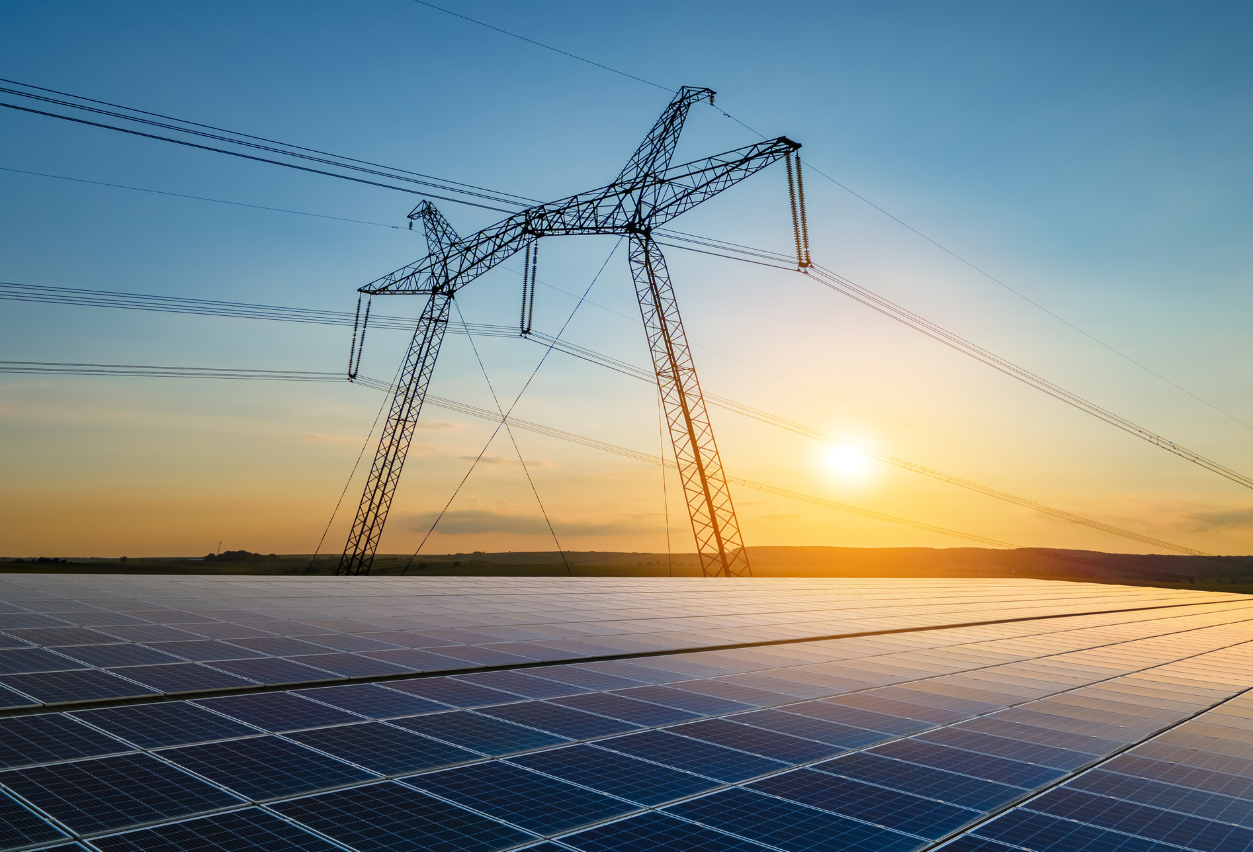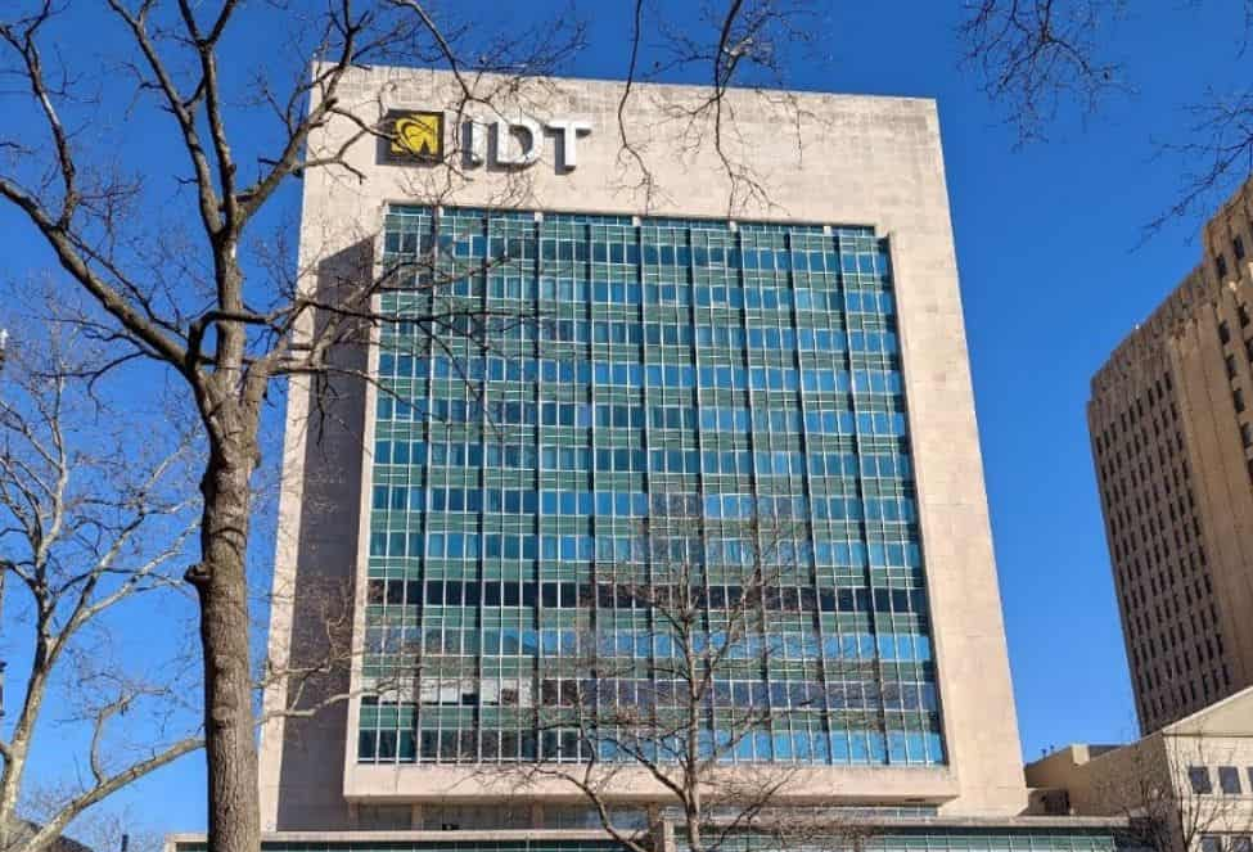Solar regulations, policies, and compliance play a critical role in shaping the renewable energy landscape. As solar energy project development continues to boom in the United States, these regulations are key to ensuring an efficient and safe solar market. Although solar developers can see these policies as bureaucratic red tape, they are essential frameworks that guide safe and lawful solar installation. In this article, we will outline both federal and state rules, permitting requirements, interconnection pre-requisites, and why these regulations are important to understand for both developers and landowners alike.
Why Solar Project Regulations Matter
Solar project regulations and policies are critical to protecting the environment, ratepayers, and communities, and ensuring grid reliability. These policies regulate how and when solar installations can be connected to the central electrical system, and can even dictate prices paid for solar-generated electricity. Non-compliance can create significant costs for solar developers such as fines, project delays, and cancelation of projects. On the other hand, policies can also create opportunities by allowing for tax credits, solar renewable energy credits (SRECs), and renewable energy mandates that encourage the development of green energy.
Federal, State, and Local Oversight In Solar Policy
There are various governmental bodies involved in imposing solar regulations, both at the federal, state, and local levels. Let’s explore how these different agencies oversee the solar markets:
Federal Regulation
There are four main bodies overseeing the federal energy markets: FERC, NERC, EPA, and DOE.
- FERC: The Federal Energy Regulatory Commission (FERC) oversees wholesale electricity markets and regulates solar integration into RTOs and ISOs.
- NERC: The North American Electric Reliability Corporation (NERC) is a regulatory body overseeing transmission infrastructure in the United States.
In a recent move, both FERC and NERC set a policy that requires smaller solar assets, which were typically exempt from registration, to become registered participants in the wholesale markets. Historically, many solar and battery energy storage (BESS) systems were considered non-Bulk Electric System (non-BES) and were exempt from NERC compliance. However, recent grid reliability events have prompted regulators to increase oversight of these resources.
As of June 2024, FERC has approved NERC’s updated Rules of Procedure, introducing two new categories:
- GO-IBR (Generator Owner – Inverter-Based Resource)
- GOP-IBR (Generator Operator – Inverter-Based Resource)
These apply to standalone or aggregated solar and battery storage projects that fall below the 75 MVA BES threshold but still pose reliability risks due to their size, location, or grid impact.
Importantly, transmission operators and planning coordinators can now nominate non-BES solar projects for registration, expanding compliance requirements to a broader range of solar developments.
EPA: The Environmental Protection Agency (EPA) sets standards for environmental projection for large-scale solar construction to ensure that ecosystems are not disturbed by the solar project.
DOE: The Department of Energy (DOE) plays an indirect role in regulating solar development. Unlike FERC, the DOE doesn’t directly permit or enforce compliance for individual solar projects. Instead, it is solely focused on policy direction, funding, and national law to support solar development, such as the investment tax credit (ITC).
ISOs and RTOs: Although not federal bodies, these organizations set policy for transmission networks across multiple states at the wholesale market level. For large-scale utility solar projects, RTOs and ISOs regulate wholesale interconnection, solar production rights, and even issue curtailment orders to solar asset operators in an effort to balance supply and demand on the electric grid.
SEIA: The Solar Energy Industries Association (SEIA) is the national trade association for the U.S. solar industry and plays a role in shaping solar energy policy. While SEIA does not directly regulate solar development, it advocates for favorable legislation and regulatory reform to support solar growth. SEIA collaborates with lawmakers, regulatory agencies, and market participants to influence national renewable energy mandates and expand tax incentives like the investment tax credit (ITC) and REAP grants.
State-Level Oversight
At the state level, Public Utility Commissions, Boards of Utilities, and Public Service Commissions set solar policy. These agencies regulate community solar legislation and also work with utility companies to set solar renewable energy credit (SREC) prices. Furthermore, local distribution companies, or utilities, regulate interconnection policies that dictate the requirements for connecting solar to the local power distribution network.
Local Policy
At the local level, municipalities, cities, and townships oversee permitting, additional environmental studies, and land use zoning rights. While federal and state policy is often constant, local policies can change drastically from region to region. Solar developers need the expertise to navigate local regulations in order to gain approval for their projects.
What To Know Before Leasing Or Developing Solar Projects
If you’re thinking about investing in solar project development or leasing your land to a solar company, it’s important to understand the regulatory requirements before making any serious commitment.
Permits for Installing Solar
Local permits and zoning approvals must be secured before a project can be viable. Furthermore, many townships require environmental impact studies in order to approve permits for the project. It’s important to understand the local policies that could affect the project and begin your due diligence early in the project timeline.
Solar Interconnection
Next, interconnection to the utility or grid infrastructure can be quite complex. For community solar projects, utility companies issue interconnection approvals and require many documents such as engineering drawings, permits, and proof of zoning. For utility-scale projects, interconnection is often handled at the wholesale market level where the RTO or ISO will require production forecasts and system designs that allow the solar to be clipped during times of high congestion. Delays in this process can occur without proper documentation or experience.
Environmental Compliance
Environmental studies include land usage, wetlands surveys, endangered species studies, and soil erosion forecasts. These all require proper assessment in order to gain proper permits.
Financial Documents
In order to maximize solar profits and partake in the various financial incentives available to solar projects such as the investment tax credit, REAP grants, or SRECs, developers need detailed documentation to prove the location of the project, type of labor used during construction, system production numbers, and total project cost.
What Landowners Need To Consider
While typically not responsible for the permitting process, landowners should consider these details as they can drastically delay project timelines and lease payments. Solar developers might ask for lead times prior to executing land lease agreements due to these regulatory hurdles. A solar company will not start paying lease payments until a project becomes approved. It is important for landowners to have clear permit guidelines spelled out before signing an LOI or lease agreement with a solar developer, so they don’t get dragged into a long-term project that never becomes a reality.
Partnering With The Right Solar Developer Matters
Because of the complex regulatory environment, it’s more important than ever to partner with the right solar developer when leasing your land. Many landowners and asset owners do not have the resources or experience to navigate these solar policies. A good developer will assume the risk of gaining project approval including managing interconnection applications, pulling permits, preparing legal documentation, and dealing with local municipalities
Why Genie Solar Energy
At Genie Solar Energy, our team of solar development experts has extensive experience bringing large-scale solar projects to life. Backed by a publicly-traded company, our team manages the entire development process from land feasibility studies to engineering to permitting and project construction. Contact us today to learn more about how we can partner on a solar project.
